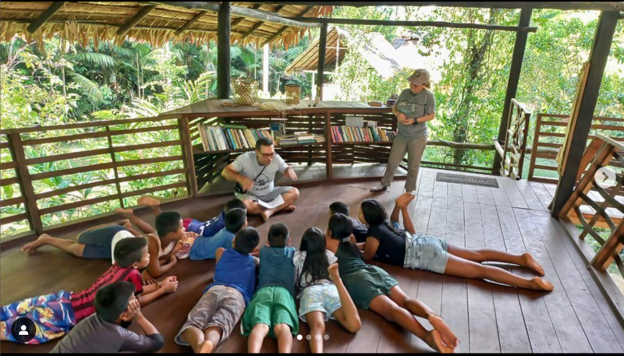
Acapú Nature Reserve
Hello! My name is Miriam Alrahil, and I am a third year student at FSU pursuing a dual degree in Latin American and Caribbean Studies and Middle Eastern Studies. My love of languages has placed me into a whirlwind of academic experiences here at FSU, as through both the Arabic and Spanish departments I have dabbled and conducted research in ethnographic studies, diasporic and exilic studies, and most particularly for my upcoming project, indigenous studies. Through this kind of work I discovered the concept of “archival silences,” , which is hardline institutionalized exclusion of a minority or oppressed groups in the creation of their own historiography through their omission in archives and academic documentation systems. This discovery inspired a passion within me to pursue it as my research niche within my areas of study, and moreover as a Service Scholar, pursuing the academic issue of archival silences felt congruous as it combatted both institutionalized academic racism while also exploring non-Western forms of critical cultural knowledge.
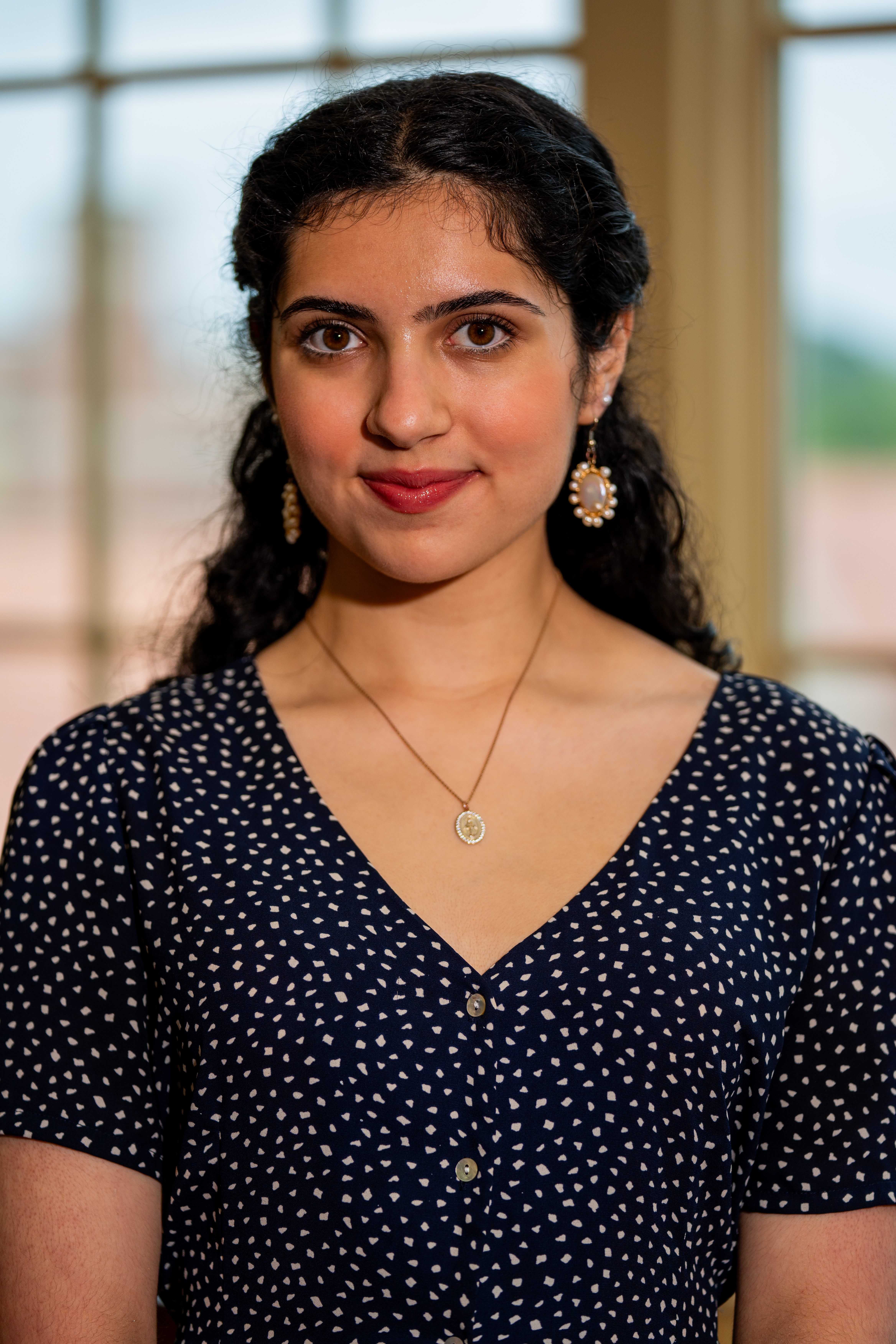
Miriam Alrahil, Florida State University
Over this summer, I will investigate the relationship between Indigenous and Non-Indigenous conservationists in their work in preserving the Amazon rainforest, specifically the freshwater ecosystems, within the Acapú Nature Reserve and neighboring villages in the Colombian Amazon. Indigenous groups are a critical force in the global conservation effort, as they protect and sustain around 80% of the Earth’s biodiversity, and their unique insight as expert curators of environmental sustainability is essential to modern fight against climate change. I want to conduct and document this research through a hybrid of oral history collection along with a short docuseries of the life and work there of the Indigenous and non-Indigenous preservationists alike; furthermore, I plan to examine how non-Indigenous activists work with, learn from, and amplify the voices of their Indigenous counterparts, in order to demonstrate how we as a larger global community can enact similar practices and relationships with Indigenous knowledge.
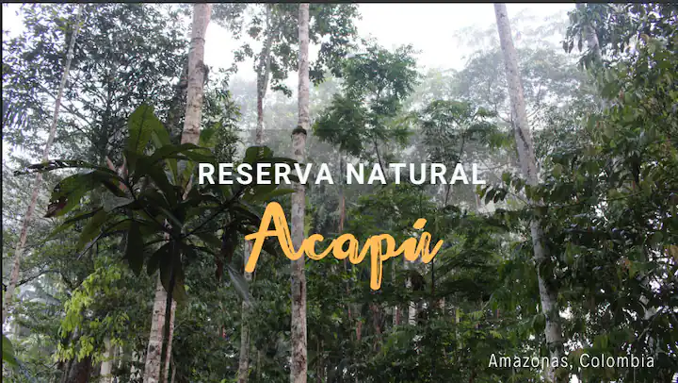
Acapú Nature Reserve
The way to combat silence is by adding voices, so it is extremely pertinent that Indigenous epistemology is documented through recorded interviews, documentaries, oral archives, etc. to bridge the gap between oral and written tradition, inserting it into easily accessible forms of media and documentation systems. I intend to use the footage gathered to help establish an Oral History Reserve within FSU’s Spanish Department and Native American and Indigenous Studies Center. I aim to reinstate these silenced voices through these means to create a space of academic equity for Indigenous peoples within FSU, as well as propose an academic aid to combating climate change.
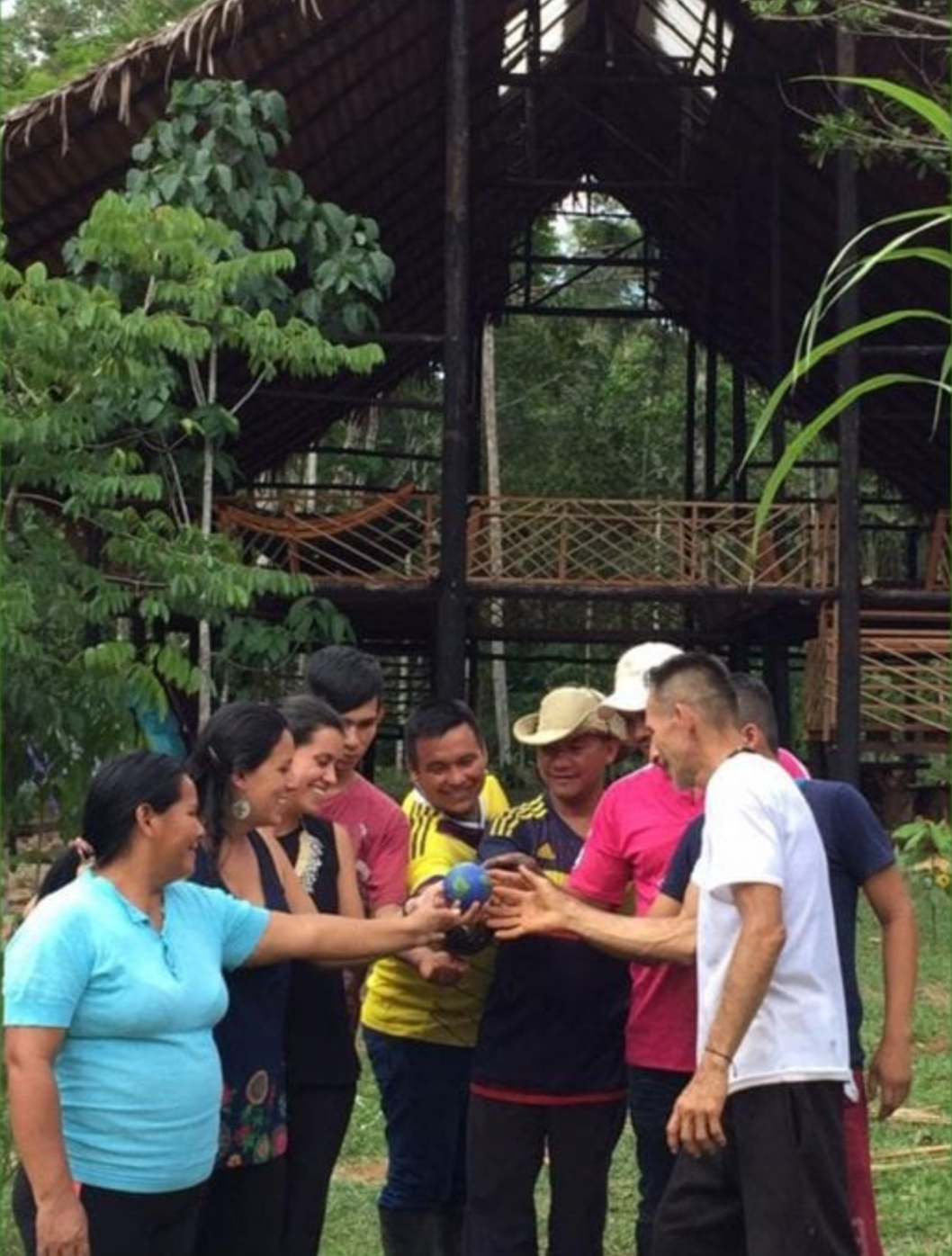
Acapú Nature Reserve
This endeavor fully embodies my future academic and career pursuits, as I aspire to both live and work as an ethnographer, storyteller, and advocate. I plan on pursuing Ph.D in anthropology, specializing in ethnographic research of Diasporic and Indigenous communities in Latin America. I would like to work in both journalistic and academic fields, and one of my main career goals is to be a documentarian, oral historian, and university professor. In my career, I specifically intend to use documentary making as both a means of cultural preservation of marginalized and institutionally excluded communities and as a tool to educate grander audiences about their existence. I am excited and grateful to pursue this project as it would provide an arena in which to hone my technical film skills as well as give me the unique opportunity to conduct documentarian work for my targeted community as an undergrad– something I would not have been able to pursue without university aid and support. I am eager and intrigued to see what kinds of doors this project opens for me but also for FSU itself, and what other kinds of scholarship and new academic spaces it can hopefully beget. If I could have one more localized goal from this project, it would be to hopefully spur more undergraduate research and work in preserving and educating about Indigenous cultures here at FSU!
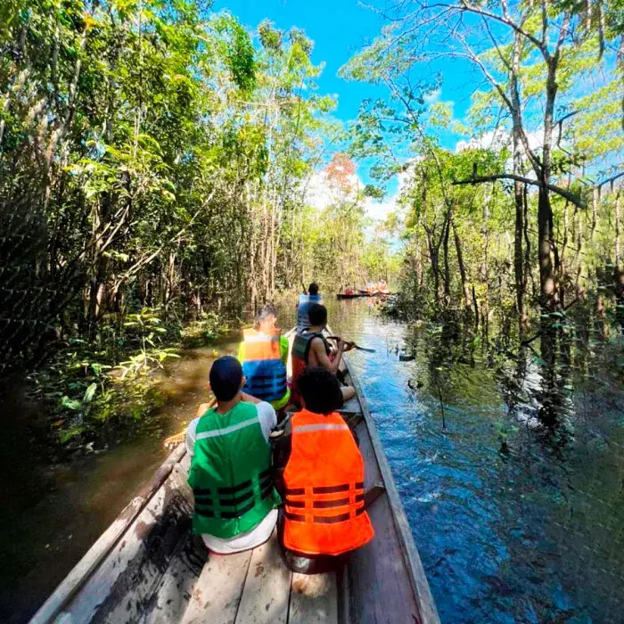
Acapú Nature Reserve
